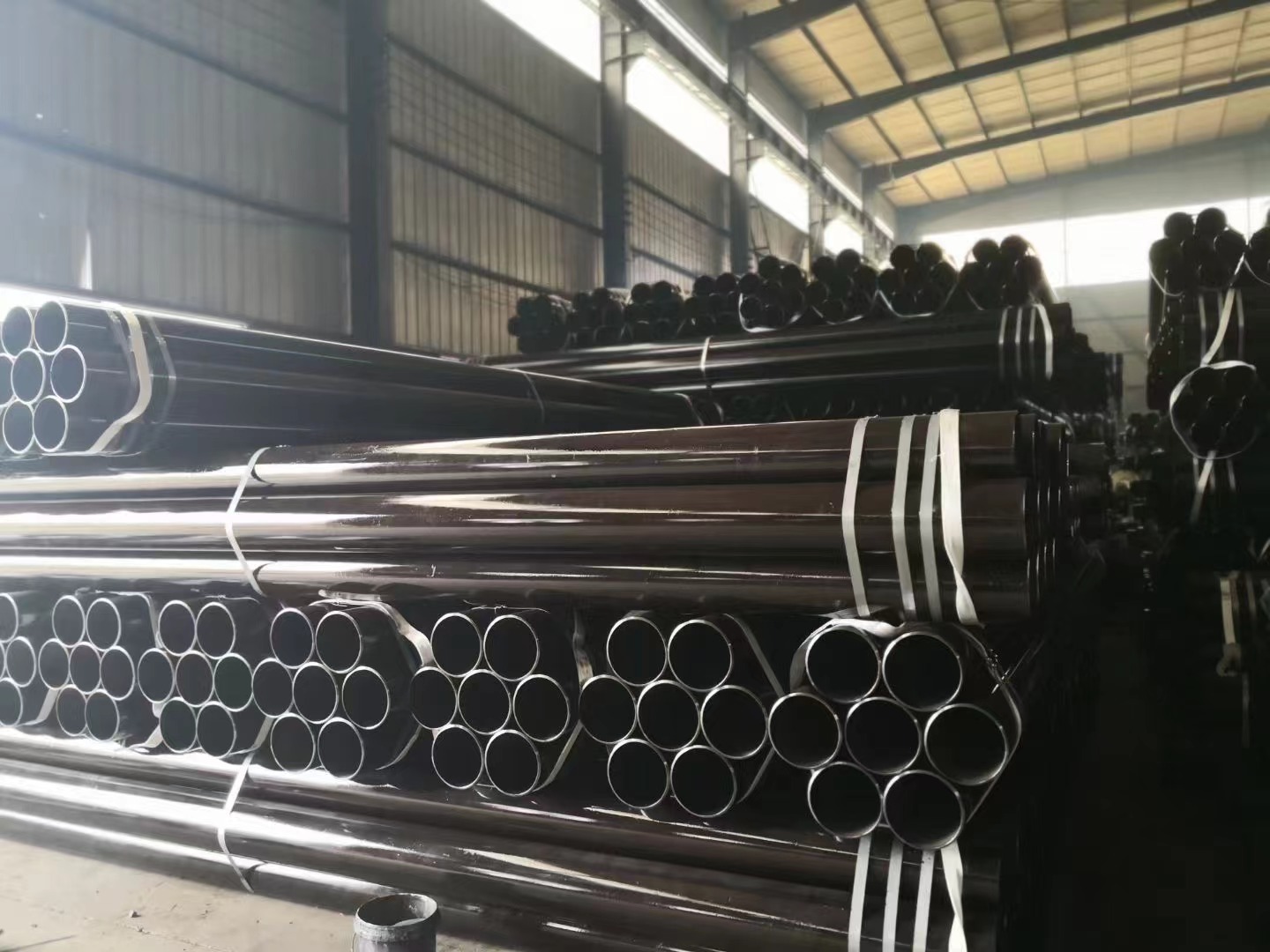-
Cangzhou Yulong Steel Co., Ltd.
-
Phone:
+86 13303177267 -
Email:
admin@ylsteelfittings.com
- English
- Arabic
- Italian
- Spanish
- Portuguese
- German
- kazakh
- Persian
- Greek
- French
- Russian
- Polish
- Thai
- Indonesian
- Vietnamese
- Zulu
- Korean
- Uzbek
- Hindi
- Serbian
- Malay
- Ukrainian
- Gujarati
- Haitian Creole
- hausa
- hawaiian
- Hebrew
- Miao
- Hungarian
- Icelandic
- igbo
- irish
- Japanese
- Javanese
- Kannada
- Khmer
- Rwandese
- Afrikaans
- Albanian
- Amharic
- Armenian
- Azerbaijani
- Basque
- Belarusian
- Bengali
- Bosnian
- Bulgarian
- Catalan
- Cebuano
- China
- China (Taiwan)
- Corsican
- Croatian
- Czech
- Danish
- Esperanto
- Estonian
- Finnish
- Frisian
- Galician
- Georgian
- Kurdish
- Kyrgyz
- Lao
- Latin
- Latvian
- Lithuanian
- Luxembourgish
- Macedonian
- Malgashi
- Malayalam
- Maltese
- Maori
- Marathi
- Mongolian
- Myanmar
- Nepali
- Norwegian
- Norwegian
- Occitan
- Pashto
- Dutch
- Punjabi
- Romanian
- Samoan
- Scottish Gaelic
- Sesotho
- Shona
- Sindhi
- Sinhala
- Slovak
- Slovenian
- Somali
- Sundanese
- Swahili
- Swedish
- Tagalog
- Tajik
- Tamil
- Tatar
- Telugu
- Turkish
- Turkmen
- Urdu
- Uighur
- Welsh
- Bantu
- Yiddish
- Yoruba

Aug . 11, 2024 17:02 Back to list
Optimizing Impeller Design for Enhanced Fluid Dynamics and Improved Performance in Pump Applications
The Importance of Well-Casted Impellers in Fluid Dynamics
In the realm of mechanical engineering and fluid dynamics, the design and manufacturing of components play a critical role in ensuring efficiency and performance. One such component that is often crucial in various applications, from pumps to turbines, is the impeller. The process of casting impellers, particularly ensuring they are well-casted, significantly impacts their functionality and longevity.
Understanding Impellers
An impeller is a rotating component within a pump or a turbine that transfers energy from the motor to the fluid being moved. It achieves this through centrifugal force or axial flow, depending on its design. Impeller design is a complex interplay of engineering principles, requiring a deep understanding of fluid dynamics, material properties, and manufacturing techniques.
The Casting Process
Casting is one of the primary methods used to manufacture impellers. This process involves pouring molten metal into a mold, where it solidifies to form the desired shape. For impellers, which often operate under high pressure and flow conditions, the casting process needs to be meticulously controlled. A well-casted impeller can lead to several advantages
1. Improved Performance A high-quality casting ensures that the impeller has a smooth surface and precise dimensions. This reduces turbulence and increases the efficiency of fluid movement, ultimately leading to better performance in pumping applications.
2. Durability and Longevity Impellers are subjected to significant wear and tear, especially in industrial environments. Poorly cast impellers can develop cracks or deformations that compromise their structural integrity. A well-casted impeller, on the other hand, is less prone to failure, ensuring a longer service life.
3. Lower Maintenance Costs With increased durability comes reduced maintenance. A well-casted impeller minimizes downtime due to repairs and replacements, leading to cost savings over time.
well casted impeller

Factors Influencing Quality
Several factors influence the quality of a cast impeller. The choice of material is paramount; alloys that exhibit high strength and corrosion resistance are often favored. Additionally, the design of the mold and the casting technique (such as sand casting, investment casting, or die casting) also play significant roles in the final product's quality.
Controlling the cooling rate of the molten metal is another critical factor. Rapid cooling can lead to brittleness, while slow cooling may result in unwanted grain structures that weaken the impeller. Therefore, manufacturers must strike a balance to ensure optimal material properties.
Testing and Quality Assurance
Once the casting process is complete, rigorous testing is paramount to ensure the impeller meets the required specifications. Non-destructive testing methods, such as ultrasonic testing and radiographic inspection, are essential for identifying internal defects without damaging the impeller.
Additionally, performance testing under realistic operating conditions can provide insights into the efficiency and reliability of the impeller. This stage is crucial for verifying that manufacturing standards are met and that the impeller will perform as expected in its intended application.
Conclusion
In conclusion, well-casted impellers are fundamental components in the efficient operation of fluid machinery. The benefits of high-quality casting extend beyond performance to include durability and reduced maintenance costs. As industries continue to evolve, the demand for advanced materials and casting techniques will likely grow, pushing the limits of what is possible in impeller design. For engineers and manufacturers, understanding and applying the principles of casting is key to crafting impellers that meet the challenges of modern fluid dynamics.
Latest news
-
ANSI 150P SS304 SO FLANGE
NewsFeb.14,2025
-
ASTM A333GR6 STEEL PIPE
NewsJan.20,2025
-
ANSI B16.5 WELDING NECK FLANGE
NewsJan.15,2026
-
ANSI B16.5 SLIP-ON FLANGE
NewsApr.19,2024
-
SABS 1123 FLANGE
NewsJan.15,2025
-
DIN86044 PLATE FLANGE
NewsApr.19,2024
-
DIN2527 BLIND FLANGE
NewsApr.12,2024
-
JIS B2311 Butt-Welding Fittings LR/SR 45°/90° /180°Seamless/Weld
NewsApr.23,2024











